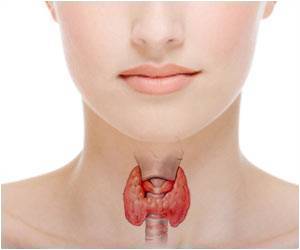Control of Iodine Deficiency Disorder
Iodine deficiency disorder (IDD) has been identified all over the world with 1/3rd of the world population exposed to the risk of IDD. It is the world’s most prevalent, yet easily preventable cause of brain damage.

In world population, it is estimated that 29% of people are living in the areas of iodine deficient soils. This is primarily seen in mountainous regions such as the Himalayas, the European Alps and the Andes.
Iodine is a micronutrient and required for the synthesis of the thyroid hormones, thyroxine (T4) and triiodothyronine (T3). It is also essential for the normal growth and development.
Recommended dietary allowance of iodine by the WHO
- Adults and adolescents - 150 mcg/day
- Pregnant and lactating women – 200 mcg/day
- Children aged 1-11 years - 90-120 mcg/day
- Infants - Adequate intake is 50-90 mcg/day
Iodine deficiency causes impaired thyroid hormone synthesis and/or thyroid enlargement (goiter). Iodine deficiency disorders (IDDs), include endemic goiter, hypothyroidism, cretinism, decreased fertility rate, increased infant mortality and mental retardation.
Iodine deficiency disorder can be prevented by the iodization of food products and water supply.
It is estimated that in India alone, more than 71 million people are suffering from goiter and other iodine deficiency disorders. Therefore, it became important to devise ways to eliminate IDD and the ‘National Goiter Control Program (NGCP)’ was launched by the government, which was later expanded and renamed as the ‘National Iodine Deficiency Disorder Control Program (NIDDCP)’. Today the world is on the verge of eliminating IDD.









